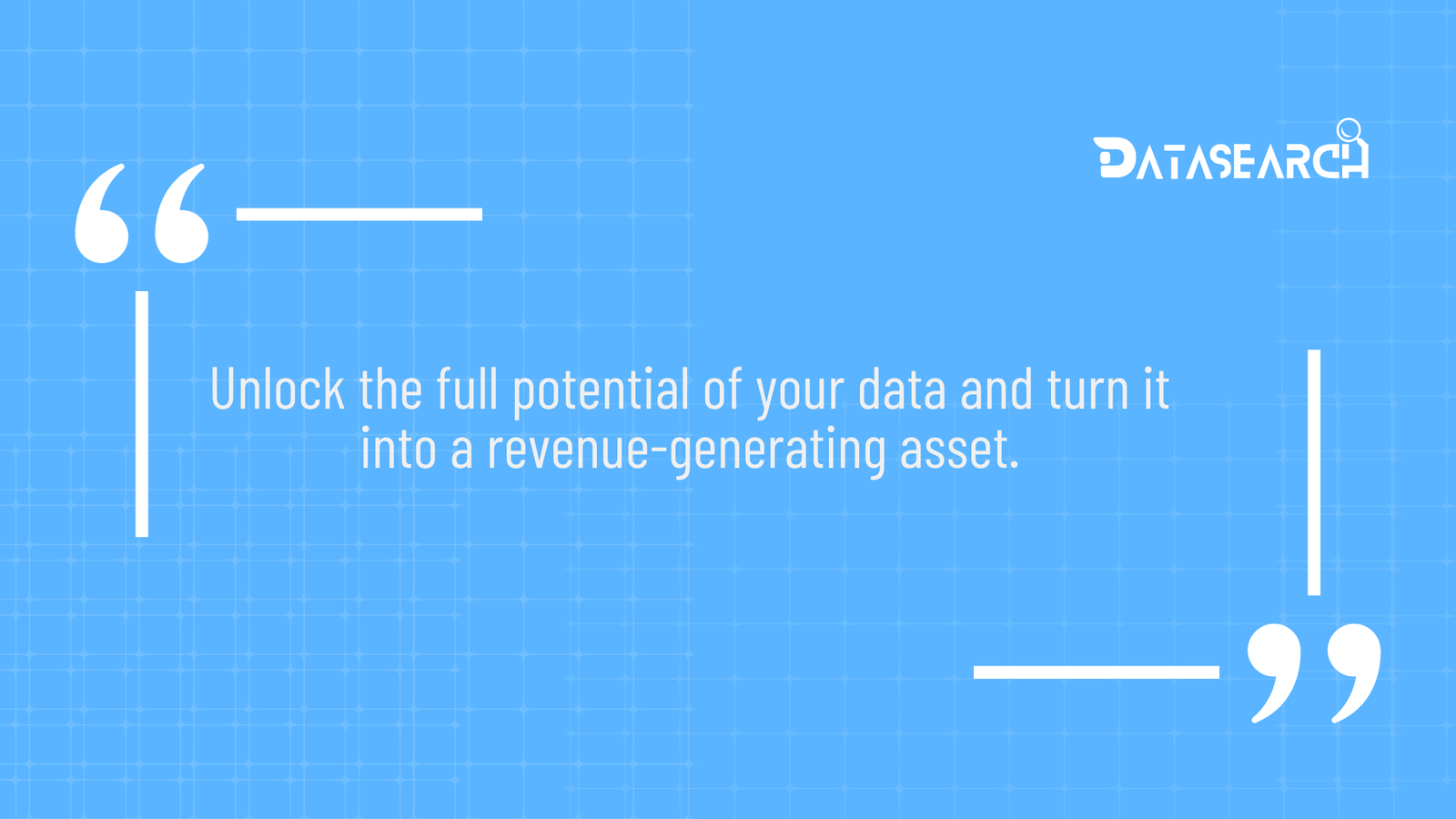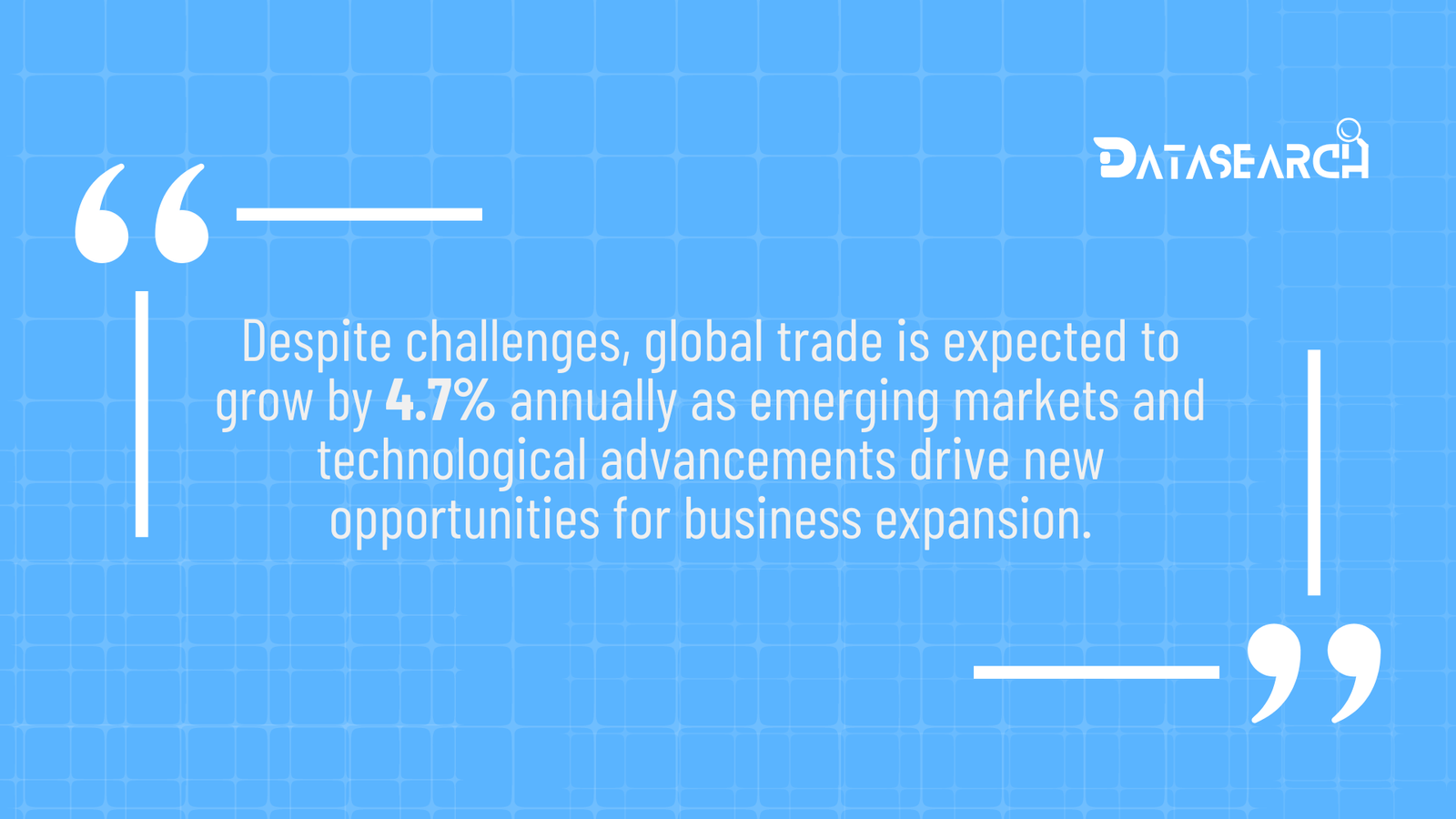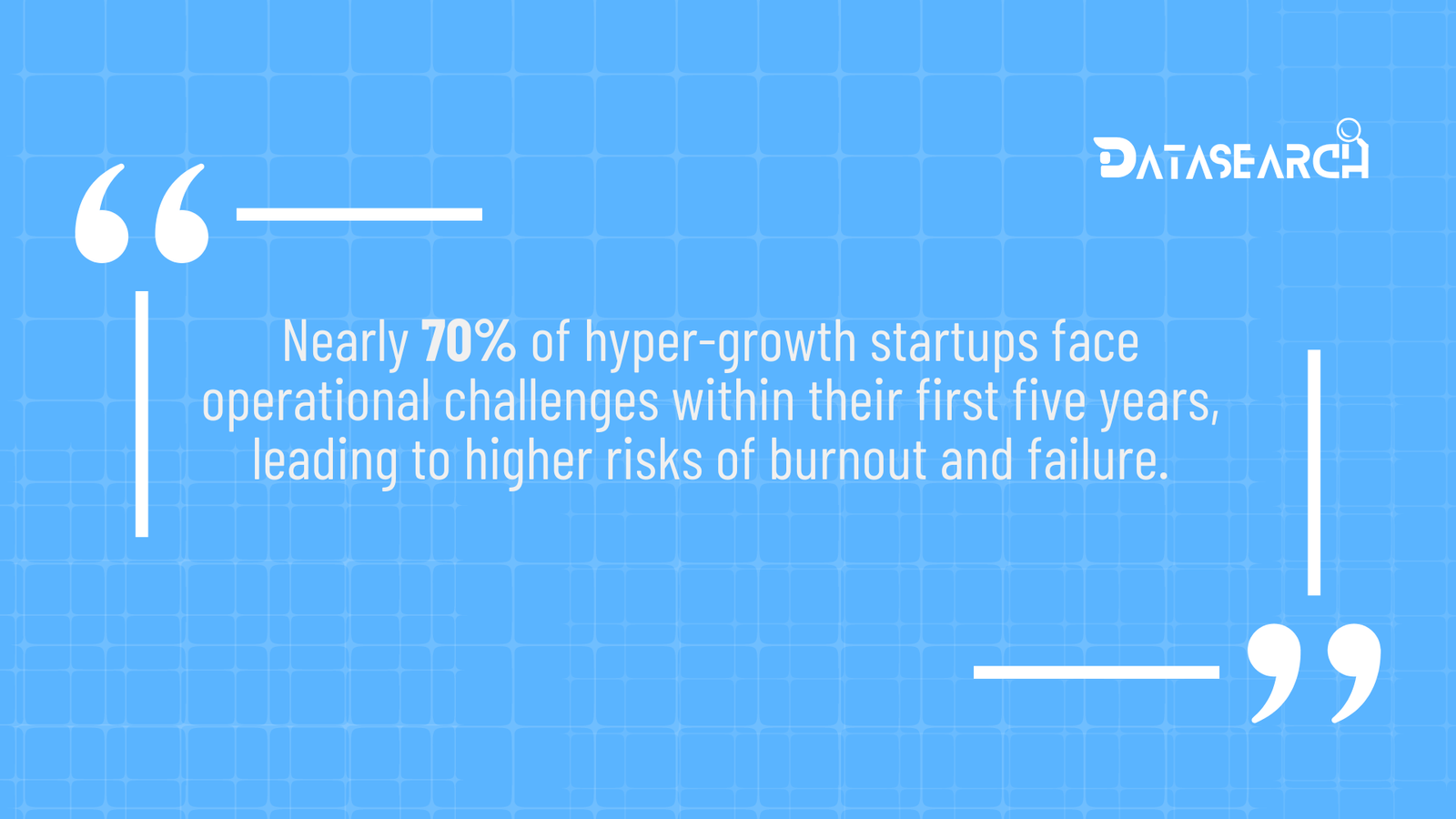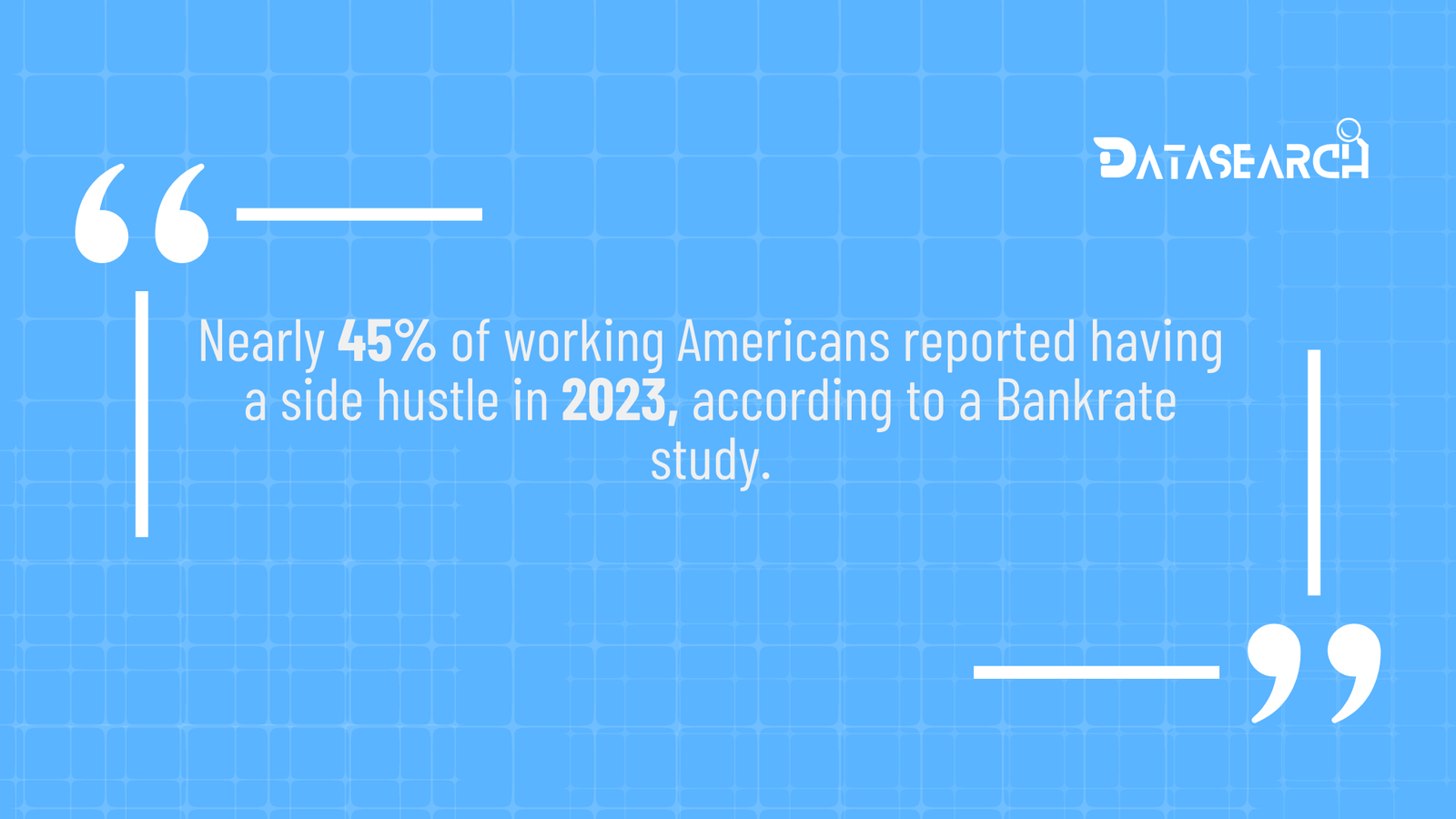In the age of big data, businesses are sitting on a goldmine of information. From customer preferences to operational insights, data has become one of the most valuable assets for companies across industries. But to truly capitalize on this resource, businesses need to adopt strategies for data monetization—the process of turning raw data into revenue-generating assets. As data continues to shape the future of commerce, those who can effectively leverage it will unlock new opportunities for growth and profitability. This article explores the future of data monetization and how businesses can transform their data into a powerful source of revenue.
What is Data Monetization?
Data monetization refers to the process of using data to generate measurable economic benefits. Companies collect data from various sources, including customer interactions, social media activity, IoT devices, and more. This data can either be used internally to optimize operations and improve decision-making (indirect monetization) or externally by selling it or licensing access to it (direct monetization).
For businesses, the key is not just in collecting data, but in finding ways to extract actionable insights and create value from it. Data monetization strategies can unlock new revenue streams, improve operational efficiency, and even lead to new business models.
Why Data Monetization is the Future of Business
As digital transformation accelerates, the amount of data being generated continues to grow exponentially. The companies that can harness the power of this data will have a significant advantage in the marketplace.
1. Data as a Strategic Asset
Data is no longer just a byproduct of business operations; it has become a core strategic asset. Companies that recognize the value of their data can use it to make smarter business decisions, optimize processes, and create more personalized customer experiences. For example, streaming platforms like Netflix and Spotify use data to predict user preferences, which not only improves customer satisfaction but also boosts revenue by increasing user engagement.
2. The Rise of Data Marketplaces
Data marketplaces are emerging as a central hub for buying and selling data. These platforms allow businesses to monetize their data by providing access to third parties, including other businesses, researchers, and government agencies. In the future, we can expect more companies to participate in these marketplaces, creating new opportunities for data-driven partnerships and collaboration.
3. Personalization and Customer Experience
Data allows businesses to deliver highly personalized customer experiences, which in turn drives loyalty and revenue. By analyzing data, companies can tailor their products, services, and marketing strategies to meet the unique needs of each customer segment. This level of personalization not only improves customer satisfaction but also leads to increased sales and higher customer retention rates.
Key Data Monetization Strategies
As data continues to grow in value, businesses are exploring new ways to monetize it. Here are some key strategies companies can use to turn their data into revenue:
1. Selling or Licensing Data
One of the most direct ways to monetize data is by selling or licensing access to it. Companies with large datasets, such as telecom providers, financial institutions, and retail giants, can sell anonymized data to third parties for market research, product development, or other purposes. This creates a direct revenue stream from the data they already collect.
2. Data-Driven Product Development
Data can be used to develop new products or services that meet the evolving needs of the market. For example, car manufacturers are using data collected from connected vehicles to create new features and services, such as predictive maintenance and usage-based insurance. By using data to create new offerings, companies can tap into new revenue streams.
3. Optimizing Internal Operations
Data monetization doesn’t always require selling data externally. Companies can use data internally to optimize operations and reduce costs. For example, logistics companies can use data analytics to optimize delivery routes, reduce fuel consumption, and improve overall efficiency. This leads to cost savings, which directly impacts the bottom line.
4. Partnering with Other Businesses
Another way to monetize data is through partnerships with other businesses. By sharing data with partners, companies can unlock new opportunities for collaboration and innovation. For instance, healthcare companies might partner with technology firms to develop new data-driven health solutions, while retailers might share customer data with manufacturers to improve product development.
The Challenges of Data Monetization
While the potential benefits of data monetization are immense, there are also challenges that businesses must navigate:
1. Data Privacy and Compliance
With the introduction of regulations such as GDPR and CCPA, businesses must be mindful of data privacy laws when monetizing data. It’s crucial to ensure that data is anonymized and that consumers give informed consent before their data is shared or sold. Failure to comply with these regulations can result in hefty fines and damage to a company’s reputation.
2. Data Security
As data becomes a valuable asset, it also becomes a target for cyberattacks. Companies must invest in robust data security measures to protect sensitive information from breaches and unauthorized access. Ensuring data integrity and security is critical to maintaining trust with customers and partners.
3. Data Quality
For data to be valuable, it must be accurate and high-quality. Poor data quality can lead to inaccurate insights and flawed decision-making, which can have a negative impact on the business. Companies need to invest in data governance practices to ensure that the data they collect is clean, reliable, and up-to-date.
How DataSearch Can Help You Monetize Your Data
DataSearch provides businesses with the tools and insights needed to unlock the full value of their data. Our platform allows companies to collect, analyze, and monetize their data in compliance with data privacy regulations. By leveraging DataSearch’s advanced analytics capabilities, businesses can identify new revenue streams, optimize internal processes, and gain a competitive edge in the market.
With DataSearch, you can turn your data into a revenue-generating asset by:
- Discovering market trends and opportunities
- Enhancing customer experiences with data-driven insights
- Exploring new business models through data monetization
- Ensuring compliance with data privacy laws
Visit DataSearch.pro to learn how we can help your business harness the power of data monetization and stay ahead in a data-driven future.




